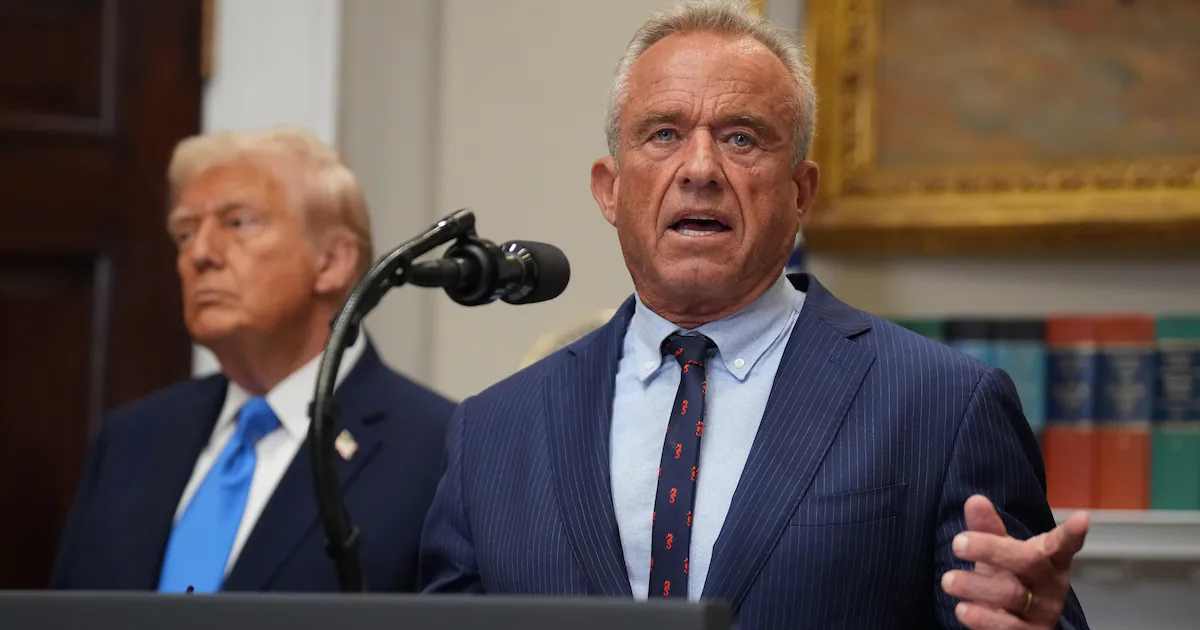
The Trump administration’s recent announcement that acetaminophen, the active ingredient of Tylenol, is a major cause of autism when taken during pregnancy sent chills down my spine.
Researchers who study autism quickly responded by pointing out that the best studies demonstrate that taking acetaminophen during pregnancy does not cause autism. They explained that the associations indicated by studies that are small, observational or not meticulous enough did not bear out when researchers performed larger, more detailed investigations. And the analysis of several studies the administration used to bolster their claim actually only indicated the possibility of a causal relationship between acetaminophen during pregnancy and autism, while calling for further studies.
The trend from small to large, from observation to causation is often true in science, no matter if the topic is autism, allergies, Alzheimer’s or anything else. One must start small, especially when dealing with novel, potentially paradigm-changing investigations.
Testing a hypothesis that is not run-of-the-mill cannot begin with a study that takes a huge amount of money and time to reach a conclusion. It’s too risky. It would waste time, and not only the time of the researchers performing the study. It would also delay addressing other potential alternative hypotheses that may turn out to be more promising. And it would be almost impossible to find funding for such a large study without first laying the preliminary work that can at least partially support that still-tenuous hypothesis.
Science proceeds in small steps that build up to the large discoveries that can end up changing our lives.
Yes, I can hear the critics, who will argue that not all scientific studies are performed with the necessary rigor. There are plenty of examples of researchers that cut corners, that draw unjustified conclusions, some that even manipulate or falsify data. Yes, the scientific community does need better ways to deal with these issues. The misleading acetaminophen warning is exactly why.
I am a biomedical scientist. My expertise is inflammation, not autism, but I am nevertheless chilled by the lack of understanding of the scientific process displayed by the current administration.
My publications include mostly studies that are meant to be preliminary, studies aimed at better understanding how our bodies work, studies that other scientists may one day use in support of their own hypotheses that may eventually lead to discoveries that can impact the lives of the people who will be alive in the future, perhaps after I am gone.
Some of my studies have gone against the grain of what the scientific community was thinking at the time. As a scientist, those are the investigations I treasure the most. But these days I fear that addressing potentially controversial topics in my research may be misinterpreted by an administration, current or future, that will use those results for their political aims. I am concerned that any small, preliminary study that is meant to only begin to explore a new link will be taken as demonstration that that link does exist.
This is the chill I feel down my spine, the chill I imagine younger scientists, with their whole careers still in front of them, must be feeling even more strongly.
If we want scientists to explore potentially revolutionary ideas, we need to make sure the outcome of those studies is interpreted correctly, not used to further somebody’s agenda.



